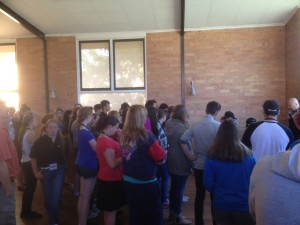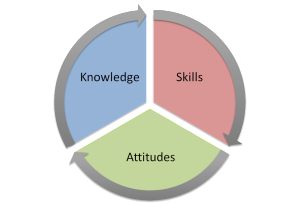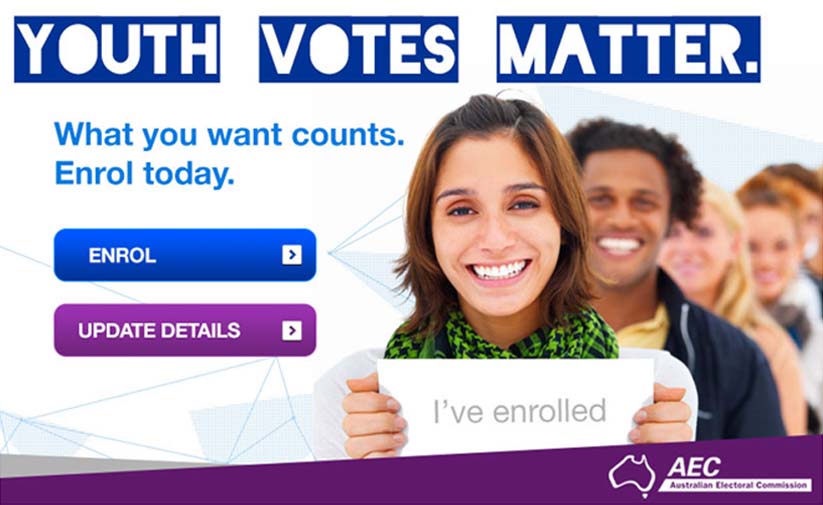Who are young people?
This might seem like a simple question at face value. It is after all our core business. Young people! However, this is one of the big questions currently pulling our sector apart at the seam. Across the world there are discussions trying to work out this simple question. From academia to those of us on the coalface it seems that opinions are abundant. In most cases the guide is that young people are between the ages of 12 and 25. However many in local government and academia have stated that we should lower that age to 10. Even the World Health Organisation weighed in to the conversation and said 10 to 30.
Some believe that ‘youth’ is the group of young people who are in high school. This definition clearly draws a line that post high schoolers aren’t allowed to cross. But then what do we do with the ‘young adults’? There are historical ideas of adolescence which state that the construct of ‘youth’ starts at the beginning of puberty and ends with adulthood. To say we are confused as a sector is an understatement. Still we push on. We are coerced to work with more children as we partner in the children, youth and families sector and further into young adult territory as we work in the education, employment and training sector.
If the youth work sector allows others to dictate who we work with, we will continue to have this little thorn in our side. In Australia we are fairly clear about this as a sector, however outside forces are trying to push us in the direction of child and youth work. This neoliberal push will in the end overtake us if we do not stand firm. Lets be clear about who it is we work for. Young people. Adolescents. Youth. Twelve to twenty-five. With all the struggles and excitement that the storms and stresses provide.
What do you think? Leave us a comment.







